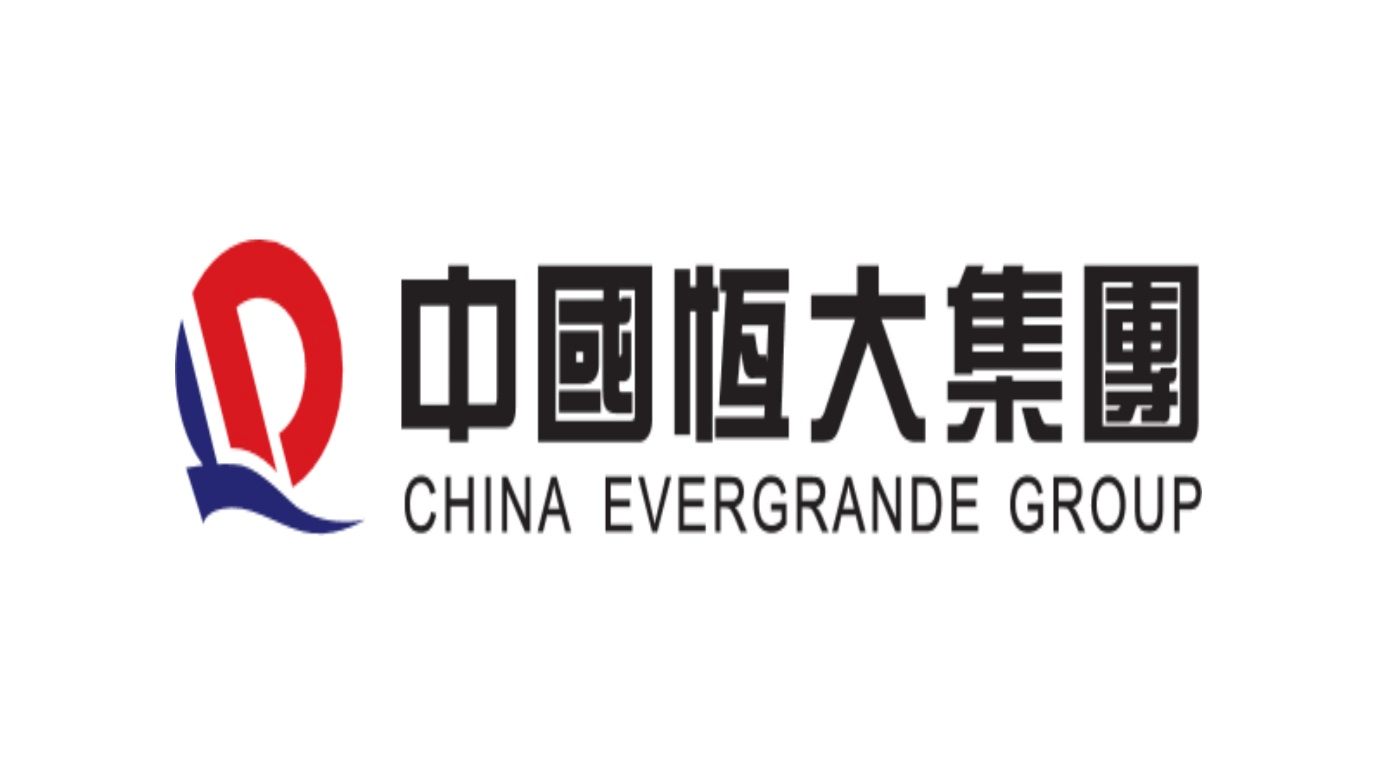
Why Skills-First Leadership Is Replacing the Ivy League Playbook in the C-Suite
The old prestige pyramid—where Ivy League degrees and blue-chip consulting backgrounds paved the way to the CEO seat—is cracking.

September 28, 2021: -Embattled developer China Evergrande’s situation is not a surprise, given the steps taken by Beijing to rein in excessive debt in the property sector, according to Orient Capital Research’s Andrew Collier.
“This is all a bit of a tempest in a teapot, sounding funny given that the whole world is worried about Evergrande now,” Collier, which manages director at the research firm, told CNBC on Thursday.
Collier pointed to Beijing’s “three red lines” policy introduced last year, aiming at preventing developers from loading up on debt as well as deflating the property bubble.
“The result is one of the largest companies, and the most indebted is, not surprisingly, in trouble,” he said, referring to Evergrande.
“The fact that they can be continuing to force developers to try to deleverage is an indication that they think this is a great campaign,” Collier said.
The Chinese authorities’ rationale for action is “pretty obvious,” he said. “They figure that if they don’t do this, then they go to have an even crisis on their hands, and the entire property market goes into a bubble territory over it is, and then collapses,” he further added.
The ongoing crisis surrounding debt-ridden Chinese developer Evergrande has captured global investor attention for much of this week and rattled markets.
Hong Kong’s Hang Seng index decreased nearly 3% this week, while major indexes on Wall Street also tumbled amid the risk-off sentiment, although they staged a relief rally later in the week.
If Beijing so desires, it actually “release the brakes” and ask state proxies like regional banks to step in and recapitalize Evergrande, Collier said.
Still, he sees authorities as “likely to inflict some pain” on investors to convey that they’re tired of excess in the property sector.

The old prestige pyramid—where Ivy League degrees and blue-chip consulting backgrounds paved the way to the CEO seat—is cracking.

Loud leaders once ruled the boardroom. Charisma was currency. Big talk drove big valuations.

But the CEOs who make history in downturns aren’t the ones with the deepest cuts

Companies invest millions in leadership development, yet many of their best executives leave within a few years. Why?

The most successful business leaders don’t just identify gaps in the market; they anticipate future needs before anyone else.

With technological advancements, shifting consumer expectations, and global interconnectedness, the role of business leaders

Following a distinguished Law Enforcement career Joe McGee founded The Securitatem Group to provide contemporary global operational specialist security and specialist security training products and services for private clients, corporate organisations, and Government bodies. They deliver a wide range of services, including complete end-to-end protection packages, close protection, residential security, protection drivers, and online and physical installations. They provide covert and overt investigations and specialist surveillance services with a Broad range of weapons and tactical-based training, including conflict management, risk and threat management, tactical training, tactical medicine, and command and control training.

Jay Wright, CEO and Co-Owner of Virgin Wines infectious energy, enthusiasm, passion and drive has been instrumental in creating an environment that encourages talent to thrive and a culture that puts the customer at the very heart of every decision-making process.

Fabio de Concilio is the visionary CEO & Chairman of the Board at Farmacosmo, a leading organization dedicated to mental health and community support services. With a deep commitment to identifying and meeting customer needs, Fabio ensures that high standards are maintained across the board.

Character Determines Destiny – so said Aristotle. And David CM Carter believes that more than anything else. For David, it has been numerous years of research into codifying Entelechy Academy’s 54 character qualities that underpin everything he stands for as a leader and teacher.


Leave us a message
Subscribe
Fill the form our team will contact you
Advertise with us
Fill the form our team will contact you